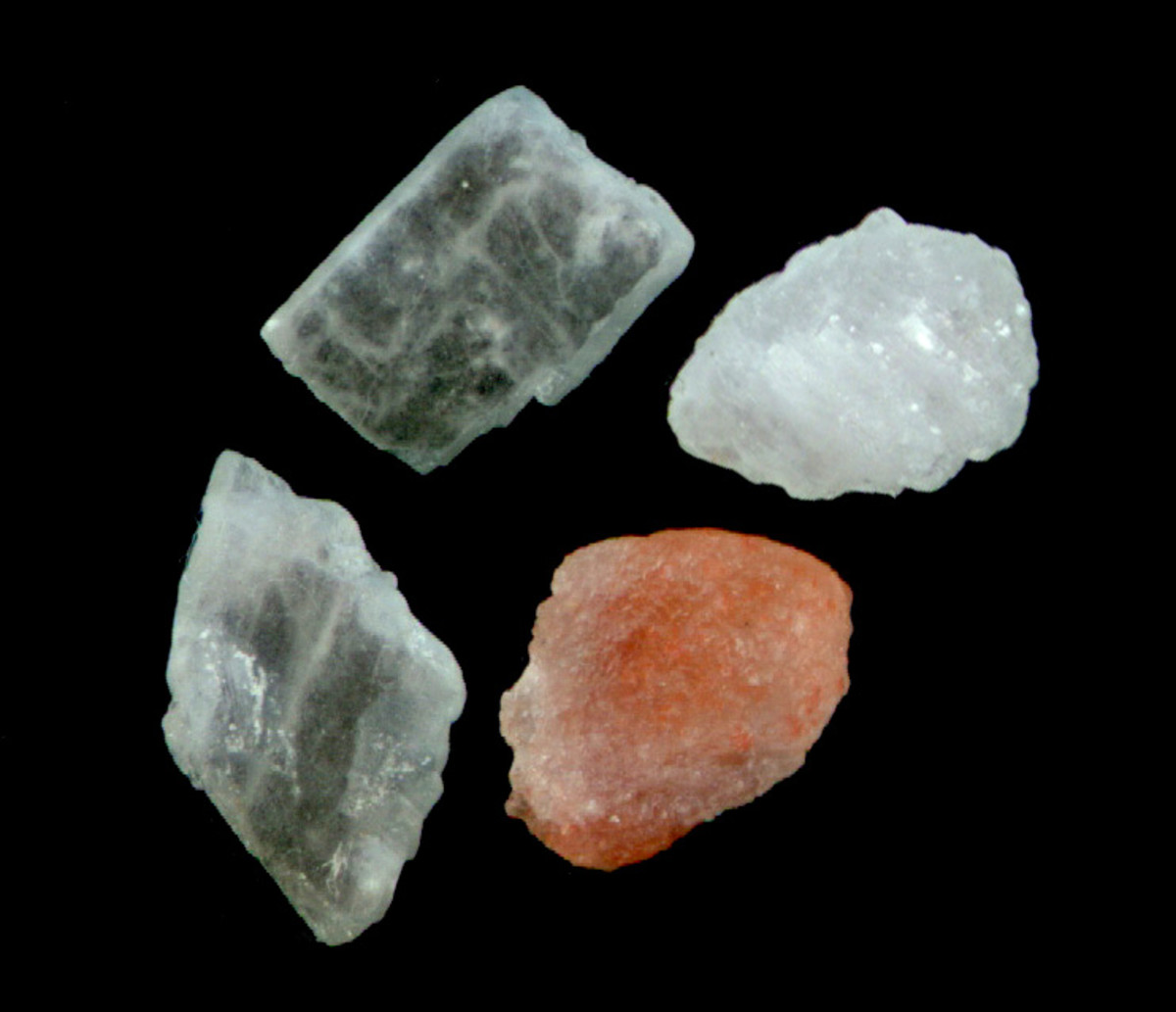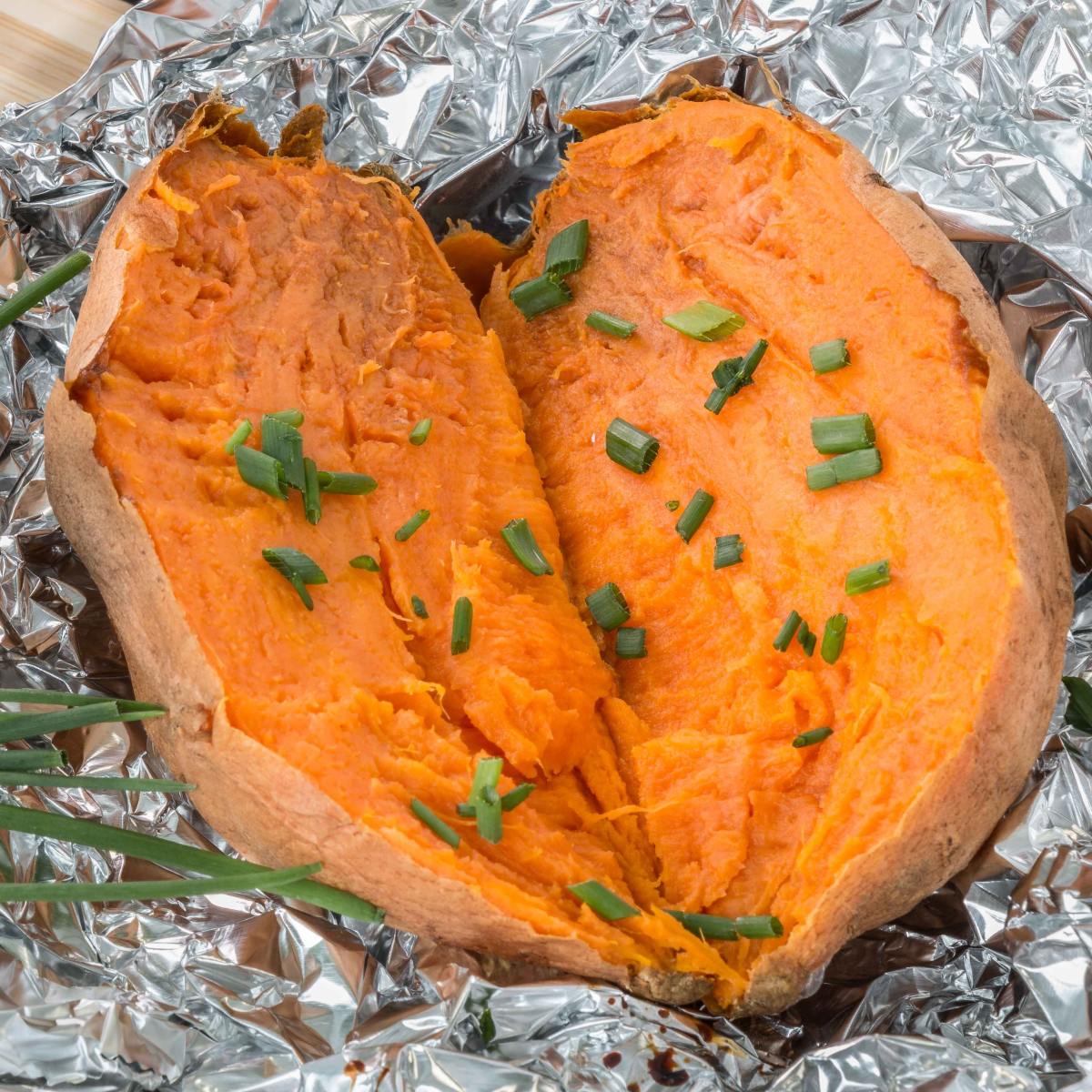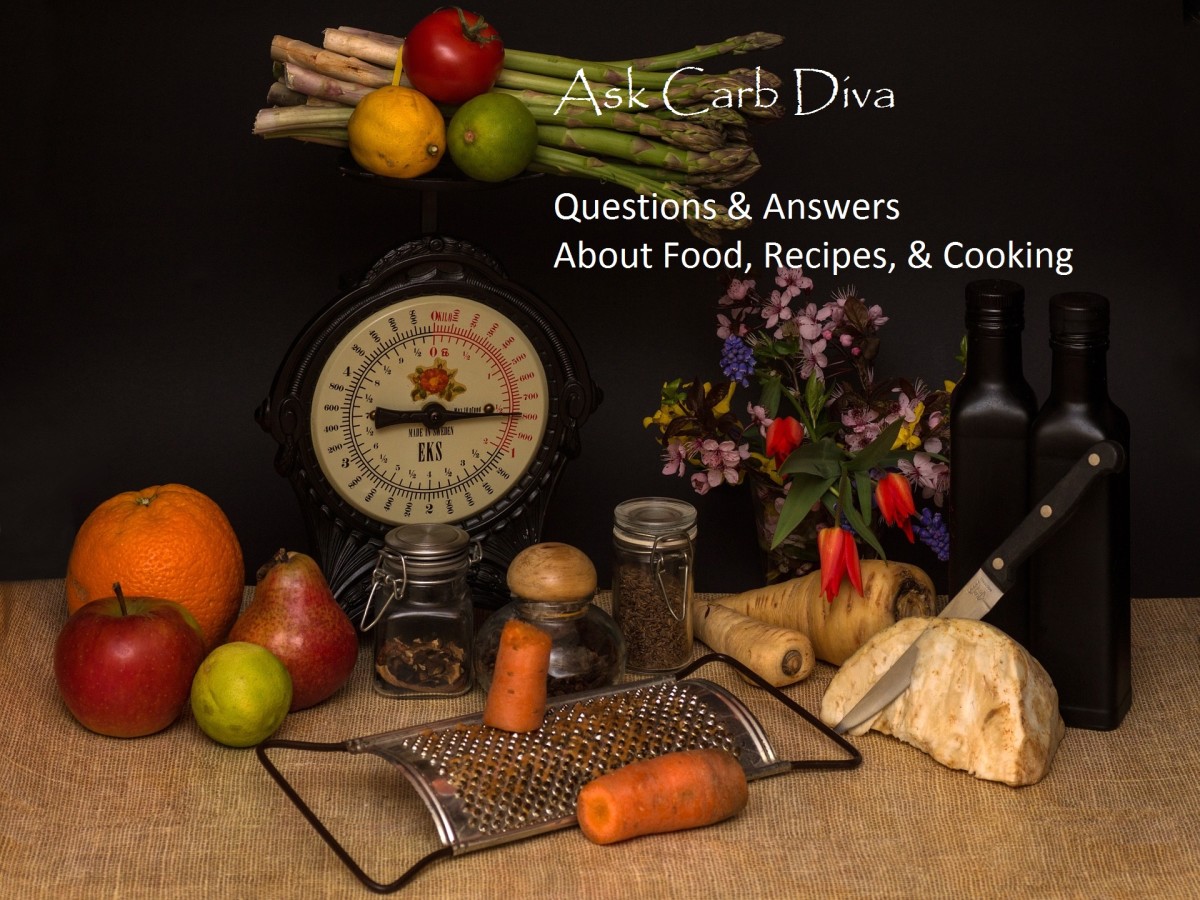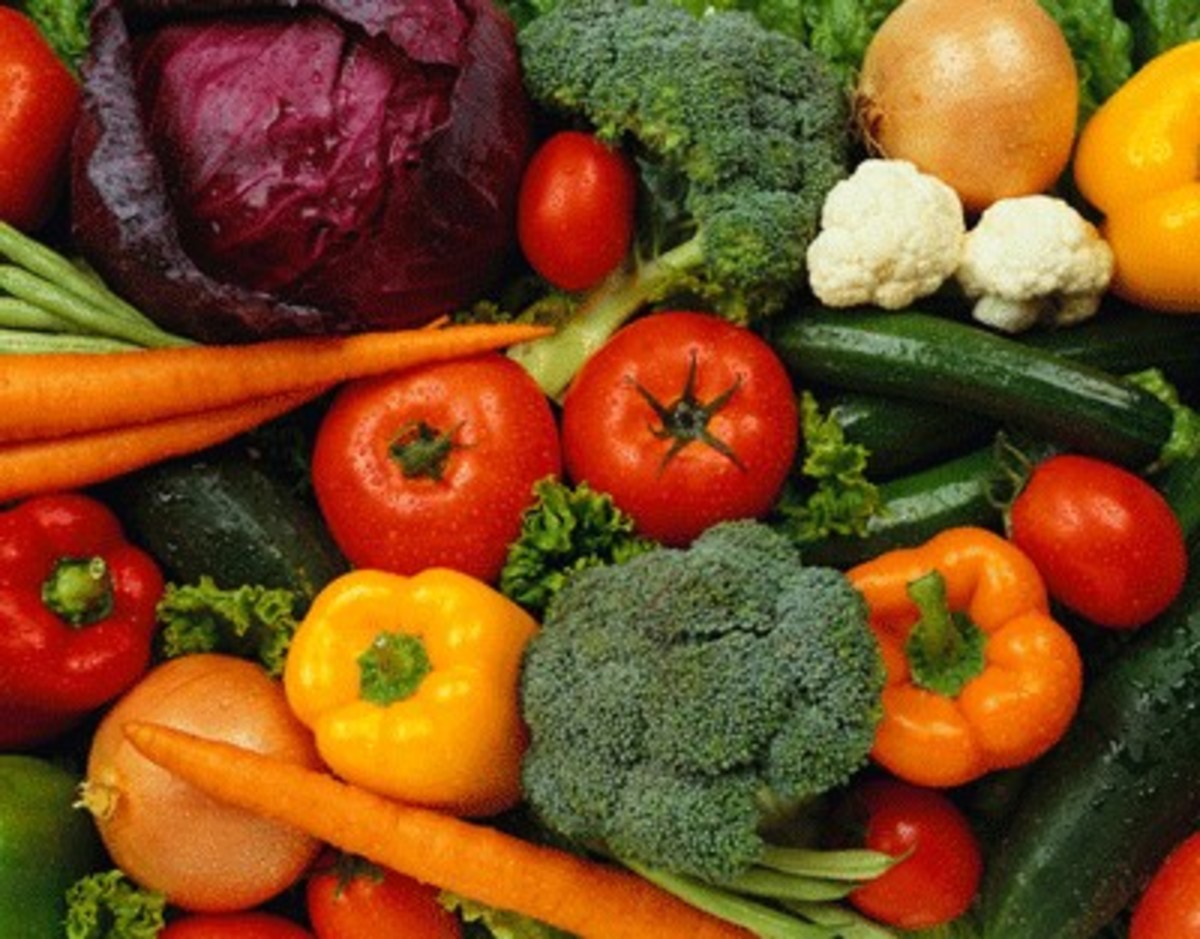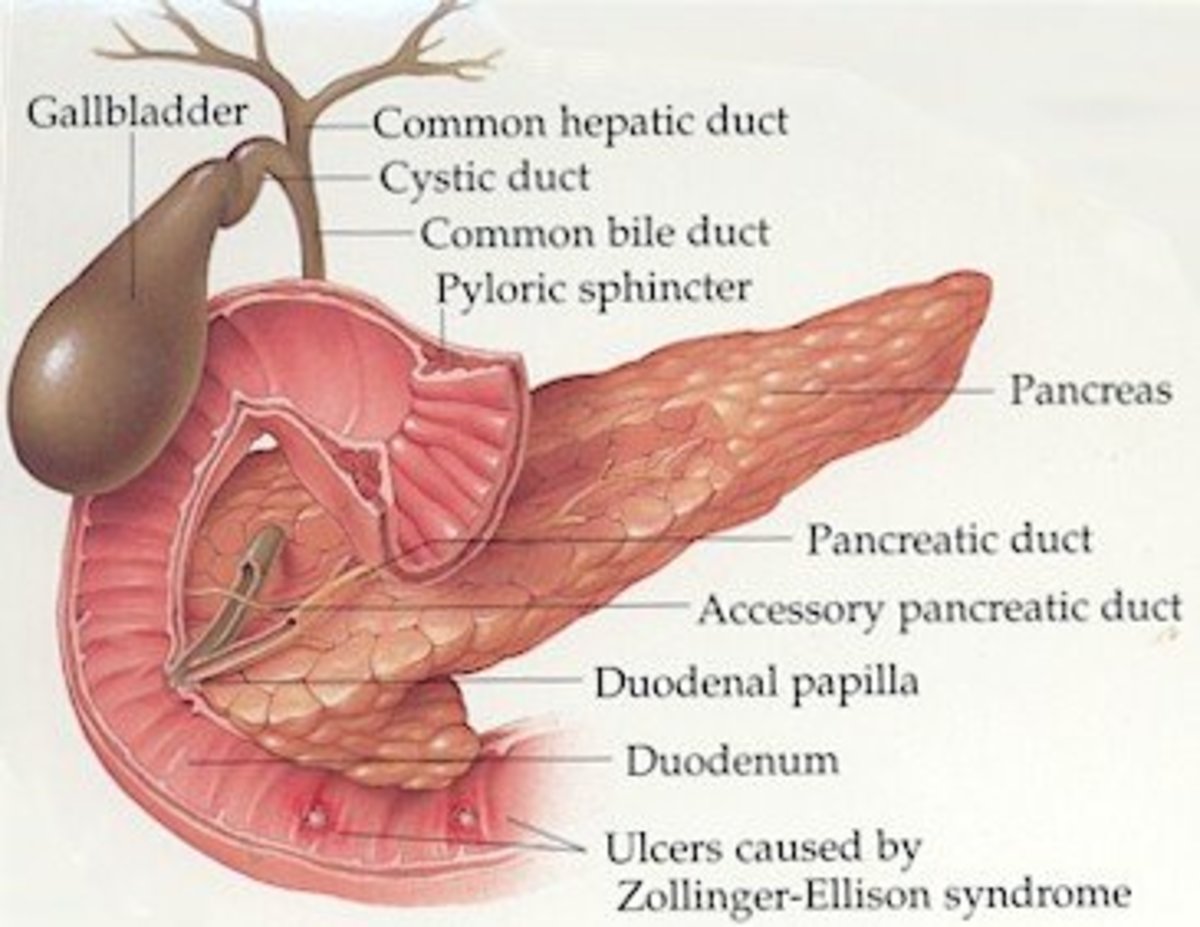An Example of a Flawed Study on Health and Diet

Example of Flawed Study
This study or interpretation of studies made big news (Reuters) since it goes against many other studies. It would be like a study that shows that cigarette smoking is healthy. This is being advertised with the conclusion that salt is healthy for you. Therefore all the other studies and opinions of the doctors are wrong. Many refer to this study saying that more salt is healthier for you.
This was written in December of 2011. The AMA (American Medical Association) has been trying to get the FDA to make salt a regulated substance. So all other studies should just be ignored. This article starts by saying:
(Reuters Health) - People who ate lots of salt were not more likely to get high blood pressure, and were less likely to die of heart disease than those with a low salt intake, in a new European study.
Eating less salt doesn't cut heart risks: study
It says:
The researchers used data from two different studies, incorporating a total of about 3,700 Europeans who had their salt consumption measured through urine samples at the start of the studies. Staessen and his colleagues broke the participants up into three groups: those with highest and lowest salt intakes, and those with average intake.
Albert Einstein said: "The difference between stupidity and genius is that genius has its limits." They are basing all of this on the assumption that the more salt in your urine, the more salt that you consume. Now they should do a study to see if that is true and they will find that it is not true. It is false. When Einstein first became known, physics had laws that contradicted itself. It was because they were assuming something without testing it. When you assume something you make an ass out of U and me.
Physicists assumed that time and distance were constant meaning that they do not change. Einstein found that at greater speeds, time slows down and distances contract (get shorter).
First, people who are fasting on pure water will have huge amount of salt coming out in their urine. Their body is getting rid of a lot of sodium that it was holding onto. Now when this happens, the body will get rid of many pounds of water weight.
I have an article called Losing Weight: Can Salt Make You Overweight. On July 7, 2012, Board Certified Cardiologist Dr. Kevin Shinal saw this article and said on Twitter: "Nice info here! As a cardiologist, I see high BP, heart failure and ankle swelling, all from salt! So much hidden in foods!"
For people who do consume salt, their body is constantly trying to get rid of salt. If the body can get rid of all the salt it takes in, then it will not cause you to be overweight. But if it is taking in more than it can get rid of, then it creates more problems for you like excess water weight.
Note that salt is not a food and so it has no calories. There are other factors that determine how much sodium or salt the body can get rid of like the amount of potassium the body is taking in. This is due to the sodium-potassium pump in each of the cells. Many studies have shown that more important than the amount of sodium consumed is the ratio of sodium to potassium.
So if two people are consuming the same amount of sodium but one is consuming a lot more potassium, then he will be getting rid of sodium through the urine at a faster rate. That is better for his health and weight than holding onto that sodium and storing in the body. Someone can be holding on to a lot of salt that is making them overweight. So sodium in urine has nothing to do with how much salt that you are consuming.
The above flaw would be like saying the more food that someone eats, the more waste they have every day. Sounds like a good general rule. But people that do not consume enough fiber, may have a back up and over time it gets dried up. Whereas someone eating the right foods with the right fibers may find that they are eating less but have more waste.
Here is a Harvard School of Public Health article on why this study is flawed called Flawed Science on Sodium from JAMA. It says:
“Take this study with a huge grain of salt, and then dispose of it properly,” says Dr. Walter Willett, chair of the Dept. of Nutrition at Harvard School of Public Health. “This study should not influence recommendations about sodium intake in any way.”
In fact if you start checking the labels of foods, you will see that many are listing the amount of potassium in a serving of food even though the FDA does not require them to do that. There are many salts and common table salt or sodium chloride is only one of them. Another salt is potassium chloride.
I have seen canned soups and popcorn with potassium chloride added to the food so has more potassium and they list the amount of potassium on the package. There is even a type of salt called Pansalt that has about 50% sodium chloride and about 40% potassium chloride. A study showed that using Pansalt instead of salt reduced stroke by 40%.
Also trying to judge how healthy excess sodium in the diet is without looking at the ratio of sodium to potassium is like trying to figure out your balance by only looking at deposits and not withdrawals or only looking at withdrawals. Wikipedia says:
The sodium-potassium pump was discovered in the 1950s by a Danish scientist, Jens Christian Skou, who was awarded a Nobel Prize in 1997.
In order to maintain the cell membrane potential, cells must keep a low concentration of sodium ions and high levels of potassium ions within the cell (intracellular).
But note that these people in the study could have more potassium in their diet resulting in their body getting rid of more sodium while others keep more sodium in their body. So just that little innocent assumption makes the study meaningless. If it is so easy to happen with this one then it also happens with other studies and of course some are rigged due to a conflict of interest. This is why it is good to know some basic rules about natural health.
Sea salt has about the same amount of sodium and the extra trace minerals do not make much of a difference. So the basic rule of health is that people are supposed to eat food, not minerals. Biology teaches that animals consume foods and plants manufacture foods out of non-foods like dirt (minerals), water and air. You do not need to get minerals from sea salt since it not a food.
See this article on the Main Cause of High Blood Pressure to see how sodium and potassium in the diet is the most important thing. Salt is not a food. It is a rock. If you put 3 ounces of salt in a pint of water and drink it, you will die! This can easily be tested but if you start to drink it, the test will tell you that you are being poisoned. I used to be a chemist for the federal government. You can offer your medical doctor $2,000 to try this and he will refuse.
You can get your minerals from foods like from drinking green tea instead of water. But land plants are limited in trace minerals so you should eat seaweeds or sea vegetables that are loaded with trace minerals including iodine. Note that they add iodine to salt. So you should also look at my article about the Health Benefits of Seaweed like Kelp.
So the basic health rule is to eat food, not dirt (minerals). But dirt is good for the plants that you eat. You can even add animal manure to that dirt as a natural fertilizer. Now the manure has lots of minerals but you do not eat the manure. Basic health rules can be mostly common sense, but common sense is not so common.

